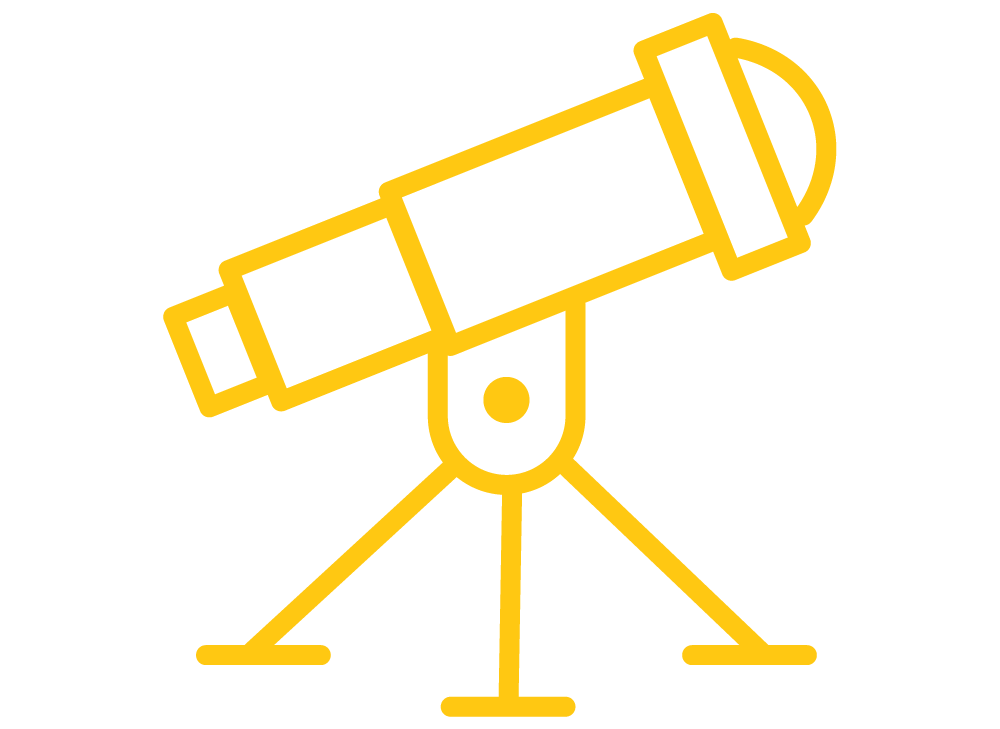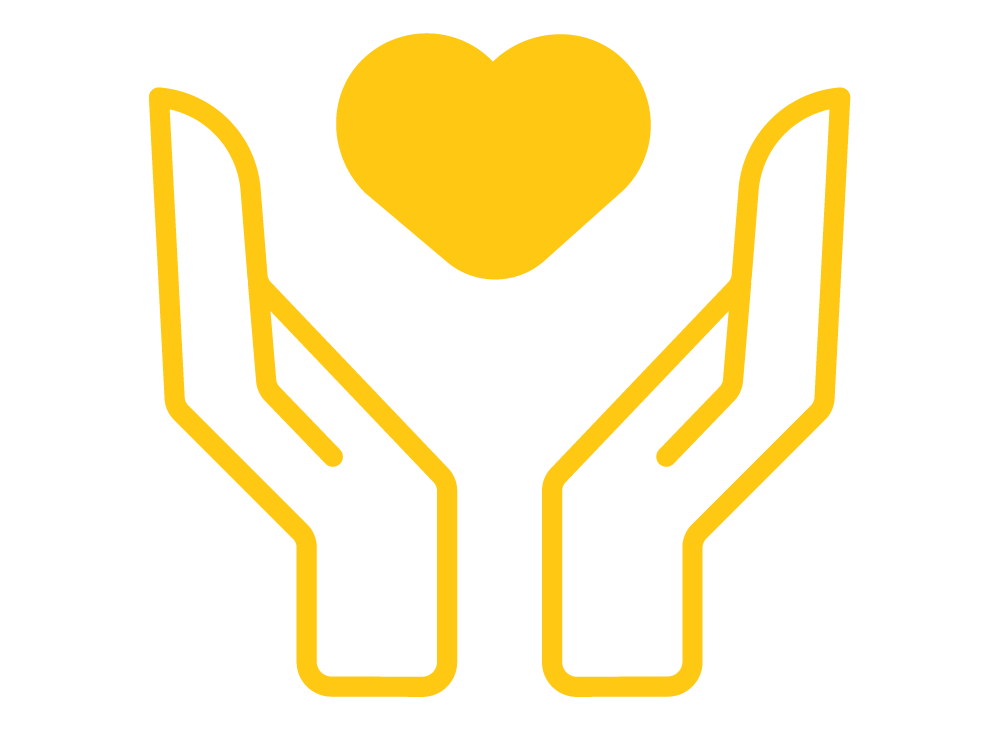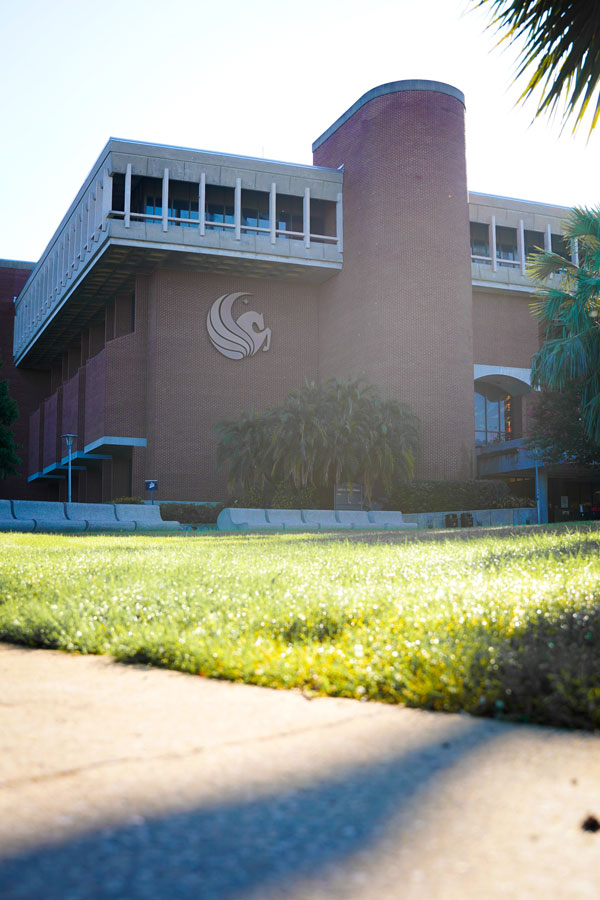Boundless Learning:
Redefining the Library Experience
University of Central Florida Libraries 2024-2027 Strategic Directions
Message from the Dean
During the development of these new strategic directions by the UCF Libraries team, it has been inspiring to reflect on how much academic libraries have transformed in recent years. They no longer are seen solely as a repository of books, but as dynamic environments that foster student success, enhance research and creativity, and redefine what it means to learn. We are on an exciting journey at UCF, where we are not just responding to changes but proactively shaping the future of human achievement.
The trends we are embracing are driven by our commitment to boundless learning and unleashing the potential of every student, faculty, and staff member. We have prioritized developing spaces that support a wide range of needs. Our library is home to quiet zones that allow for focused study and reflection, as well as vibrant hubs designed for technology use, collaboration, and personal growth. This is where students and researchers come together, explore, innovate, and build, fulfilling the university mission.
We also are expanding our digital presence, providing students and researchers with a growing suite of digital services and resources that extend beyond our physical walls. By enhancing access to knowledge and offering specialized services like research consultations, technology lending, and academic support, we are actively redefining the library experience. Our role is pivotal in empowering individuals on their academic journeys at UCF, and we are committed to developing a culture of curiosity, discovery, and creativity.
As we move forward, I am confident in the strategic directions laid out here and in our talented team. Together, we are setting the course to meet the evolving needs of our community. I am excited about where we are headed and look forward to the impact we can create together.
REACH FOR THE STARS!
Beau Case
Dean, UCF Libraries
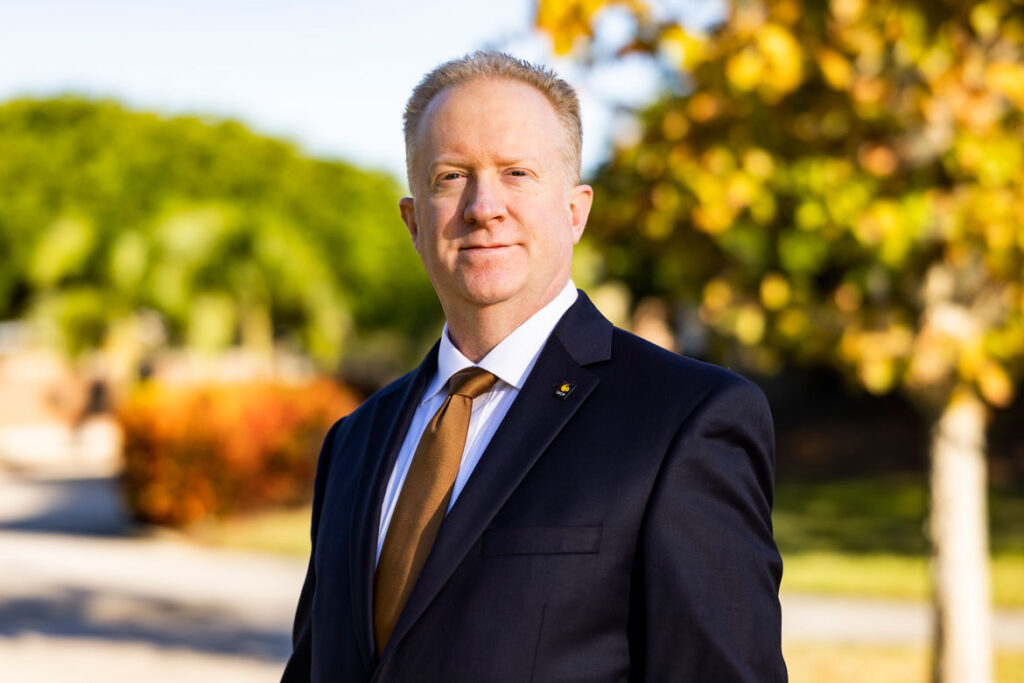
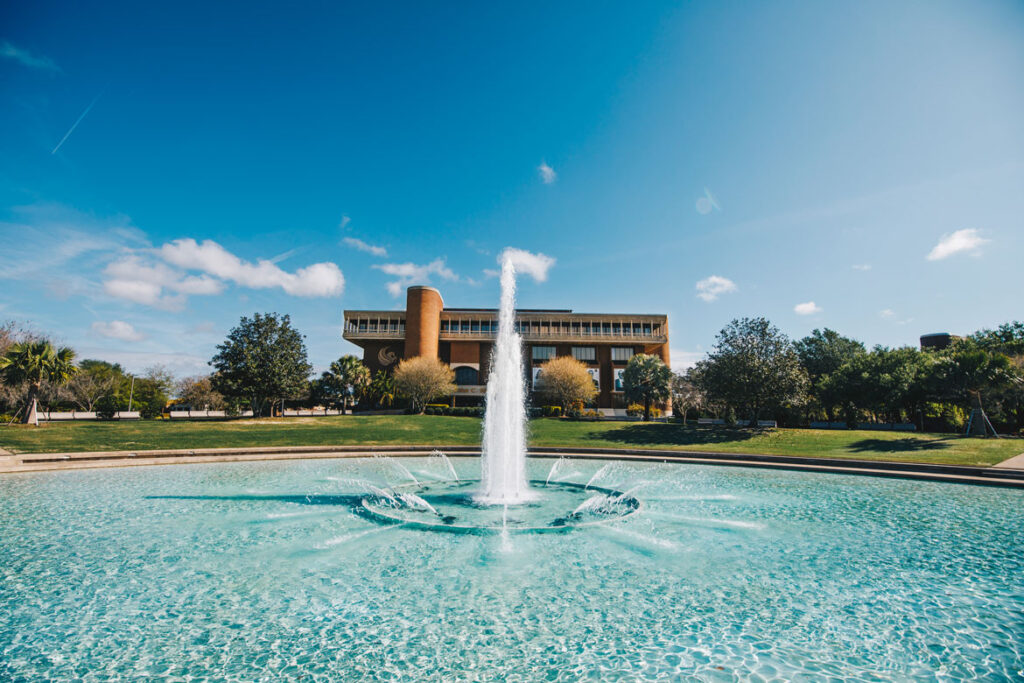
Introduction
The University of Central Florida Libraries is on a transformative journey. Boundless Learning: Redefining the Library Experience, containing our updated Mission, Vision, Values, and Strategic Directions, will guide our evolving culture and assets to support students and faculty over the next three years. These Directions, informed by feedback from key contributors, outline a bold agenda for the Libraries.
Aligned with UCF’s vision to unleash the potential of our students, faculty, staff, and community, the Libraries will enhance knowledge and discovery. As a vital part of UCF’s next-generation public research institute, we aim to foster an inclusive environment for thinkers, creators, and leaders.
Through collective listening, reflection, and planning, we will elevate our expectations, advance research, and reinforce our commitment to making an impact. We invite collaboration in supporting our aspirations for the Libraries as we strive to lead in academic discovery and innovation.
The four Strategic Directions are:
- Enhance Student Engagement and Academic Success
- Advance Research and Teaching Excellence
- Optimize Physical and Digital Environments
- Invest in Organizational Development
Mission
We collaborate with and empower our community to promote academic success, research, creativity, and lifelong learning.
Values
Curiosity
We encourage an exploratory, playful, inquisitive approach to ideas and technology to generate transformative solutions, imagine new possibilities, and unlock the creative potential within our community.
Responsiveness
We listen to and address the needs and perspectives of our community, ensuring we remain adaptable and responsive to change, which drives our relevance, innovation, and long-term sustainability.
Inclusivity
We strive to create a culture of belonging, empowerment, and respect, honoring our community, and providing fair and accessible resources, spaces, and opportunities for learning, growth, and well-being for all people.
COLLABORATION
We foster impactful partnerships and strong relationships, within and beyond the university, that leverage our collective potential to create opportunities, improve outcomes, and benefit all involved.
INTELLECTUAL FREEDOM
We support the core value of academic inquiry and respect the right of every individual to pursue, access, and evaluate information from a wide range of sources and perspectives, without censorship and with safeguards for their privacy and confidentiality.
Strategic Directions
Strategic Direction #1
Enhance Student Engagement and Academic Success
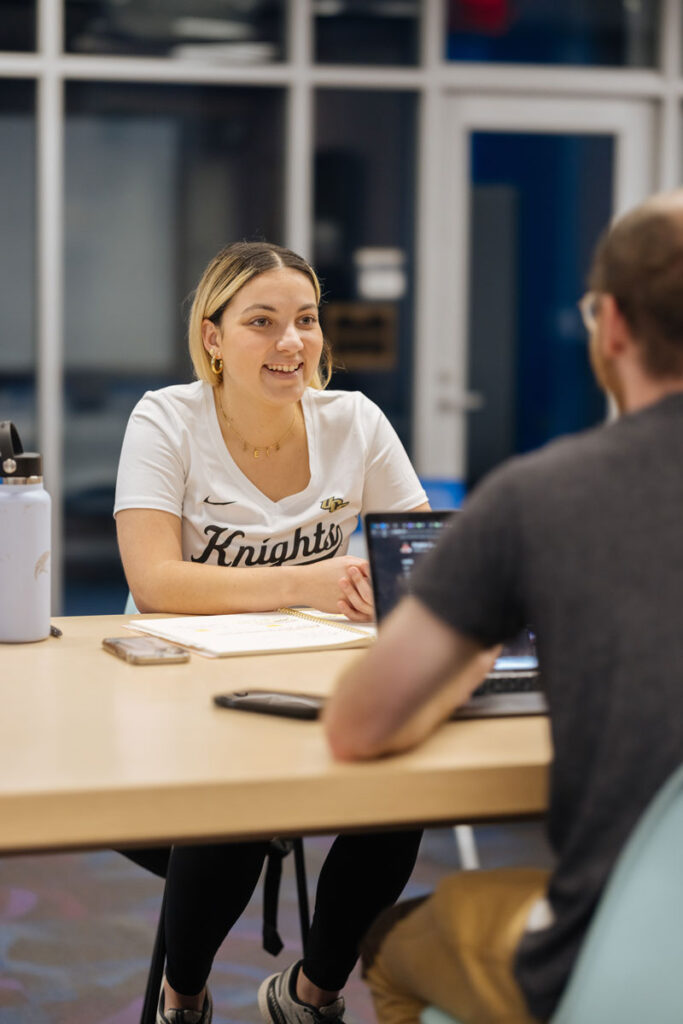
UCF Libraries is committed to overcoming barriers and expanding access to scholarly resources. By working closely with faculty and aligning our services with the curriculum, we meet the needs of students and equip them for their futures. We focus on optimizing the effective use of resources, fostering academic advancement, and engaging with key initiatives to accelerate the success of our students.
- Reduce the cost of course materials by removing financial and access obstacles, ensuring students have resources needed for success.
- Develop programs to equip students with future-ready skills in research, technology, and information literacy.
- Curate scholarly resources focused on meeting the academic needs and professional interests of UCF’s students and faculty.
- Create tailored programming and outreach to engage student populations and promote student success and well-being.
- Increase partnerships with campus units and initiatives to enhance library services and programming to meet the evolving needs of student communities.
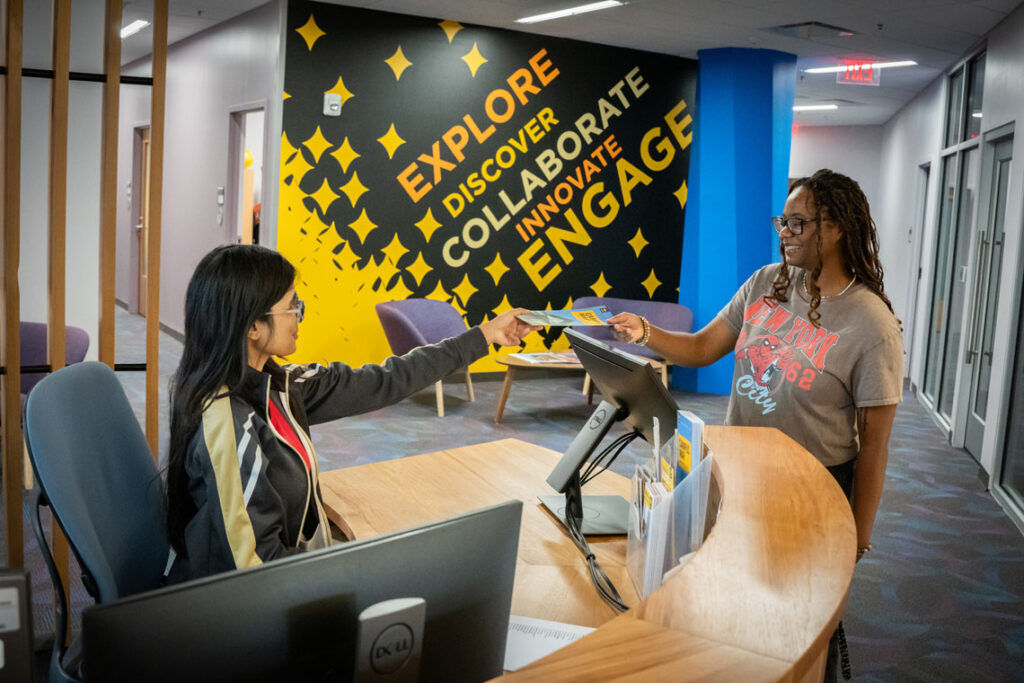
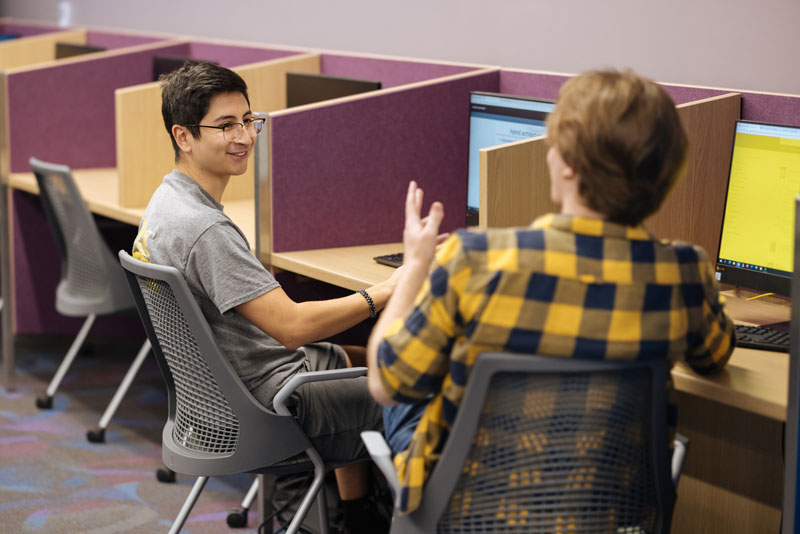
Strategic Direction #2
Advance Research and Teaching Excellence
We are transforming the landscape of research and teaching through innovative digital initiatives and strategic partnerships. By integrating advanced technologies and fostering collaborative relationships, we strive to elevate scholarly and creative pursuits and enhance educational outcomes to position the Libraries as a catalyst for academic excellence.
- Invest in cutting-edge resources, tools, and spaces to advance areas of scholarship, including digital humanities, data visualization, and emerging research and creative activities.
- Amplify the impact of research by implementing strategies that increase its visibility and discoverability.
- Provide expert leadership in data management throughout the research lifecycle, working collaboratively with partners to expand research practices.
- Grow opportunities to advance research and teaching through fellowships and partnerships.
- Partner with communities to document and preserve campus and regional histories and encourage their use as primary sources in support of the curriculum.
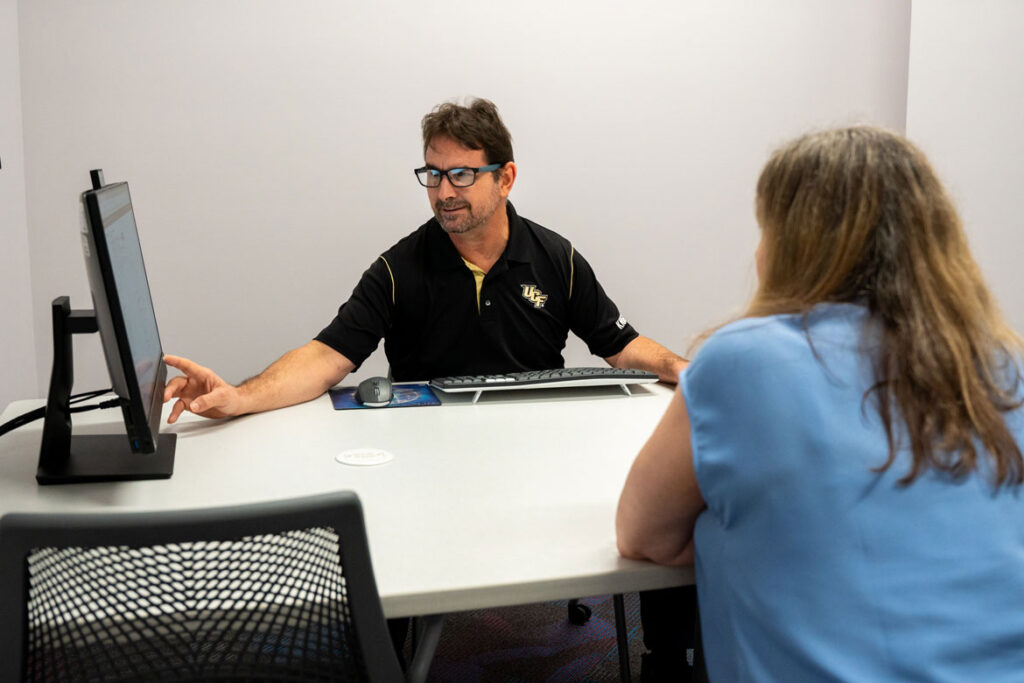
Strategic Direction #3
Optimize Physical and Digital Environments
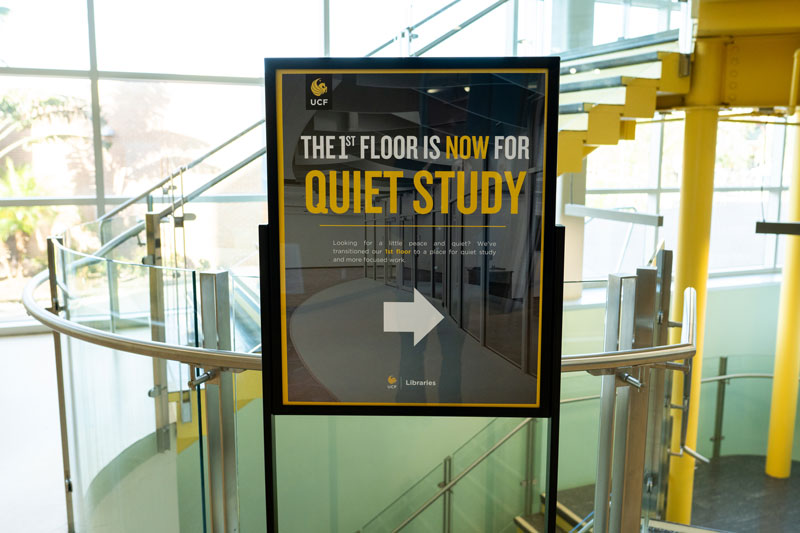
We will optimize library environments for functionality and exceptional user experiences. Our design will enable seamless access across physical and virtual spaces, promoting creativity, productivity, and meaningful interactions with content and immersive technologies. We will prioritize user well-being by providing safe and purposeful environments.
- Apply universal design principles to physical and virtual library spaces to ensure intuitive wayfinding and access.
- Invest in innovative spaces and tools that respond to evolving academic needs and promote technology literacy and career readiness.
- Shape a more inclusive and adaptable educational environment that fosters deeper learning and a sense of belonging.
- Invigorate our Libraries’ Web presence with a user-centered design process that connect users to accessible digital resources.
- Prioritize the safety and well-being of library users and employees by enhancing security measures and emergency protocols.
- Create innovative opportunities for researchers to explore data analysis and visualization, artificial intelligence, and extended realities.
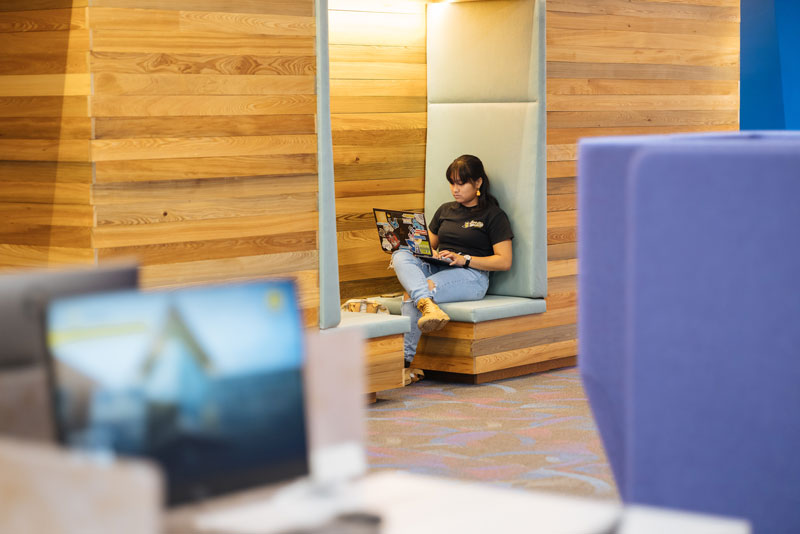
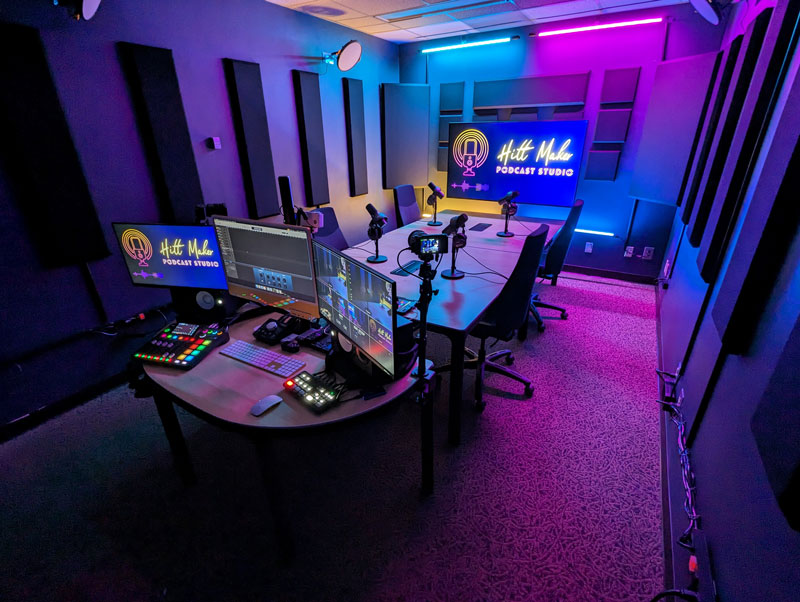
Strategic Direction #4
Invest in Organizational Development
Creating a supportive work culture where employees feel valued and can advance their careers drives the Libraries’ success. By investing in employee growth, promoting strong communication, and prioritizing well-being, we aim to build a more engaged and dynamic workforce, leading to improved services and a more agile and responsive culture.
- Develop recruitment and retention initiatives to build an expansive library workforce reflective of UCF’s student population.
- Cultivate a culture of mindful and intentional practice that encourages experimentation, innovative risk-taking, well-being, and introspection.
- Invest in professional development opportunities for library employees to deepen their knowledge, develop new skills, and keep pace with evolving best practices.
- Develop mentoring and cross-training programs to support career advancement, awareness, and exploration.
- Provide training to library employees to foster a welcoming and responsive environment.
- Ensure effective information sharing and open communication channels throughout the organization.
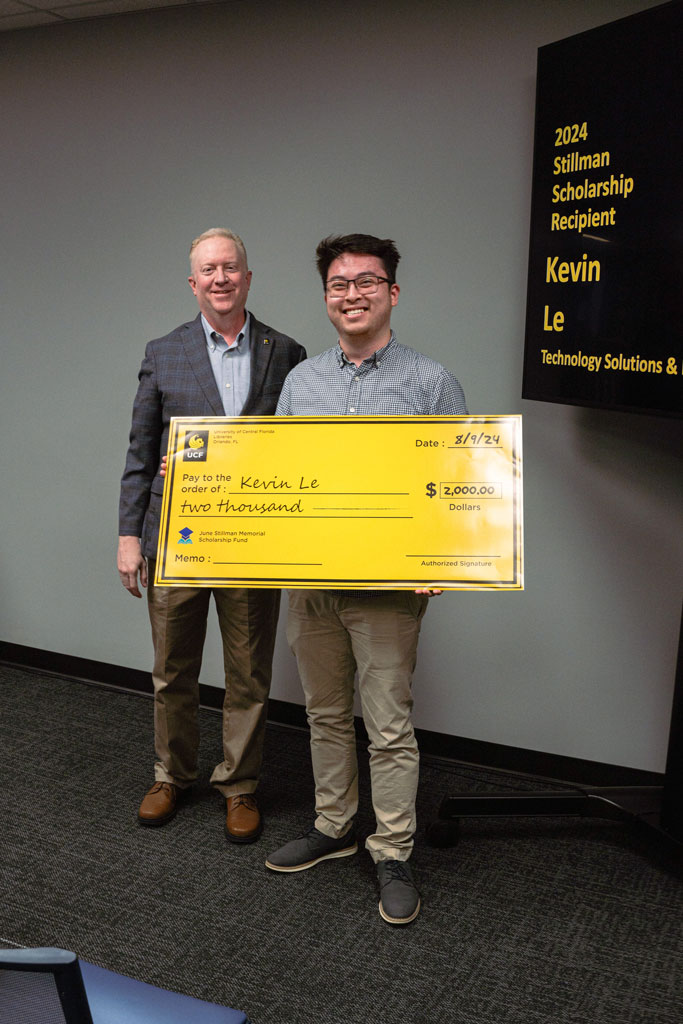
“WE ARE COMMITTED TO DEVELOPING A CULTURE OF CURIOSITY, DISCOVERY, AND CREATIVITY.” – DEAN CASE
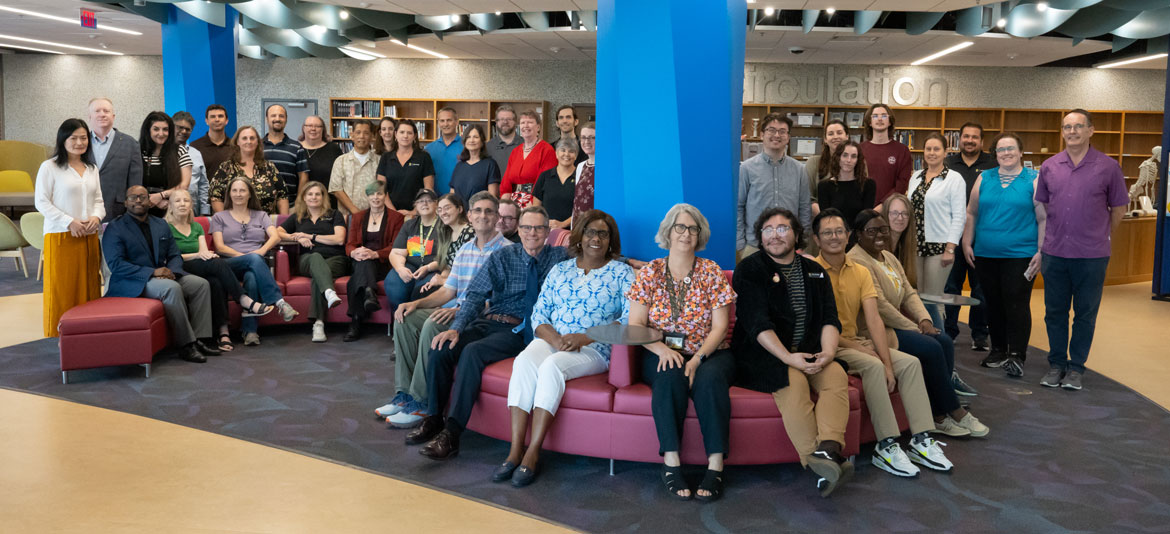
Methodology and Timeline
In early 2024, Dean Beau Case initiated a strategic planning process for UCF Libraries, tasking the Strategic Directions Task Force with developing a framework for 2024-2027. Co-chaired by Associate Deans Tom Caswell and Rachel Vacek, the task force included seven members from all divisions of the Libraries, ensuring a range of perspectives.
Guided by principles of inclusivity, engagement, and transparency, the Task Force engaged in three months of intensive user research. This mixed-methodology approach aimed to understand the needs of our broad user base.
We conducted an extensive literature review of authoritative sources in library science and higher education, including reports from organizations like EDUCAUSE and the American Library Association (ALA). This informed us of trends and technologies shaping our field.
To gain a broader perspective, we conducted a comparative analysis of peer institutional libraries, including our Operational, University Innovation Alliance (UIA), and State University System (SUS) of Florida peers. This analysis allowed us to benchmark our strategies against those of similar institutions, ensuring we were aligned with best practices in the academic library landscape.
Recognizing the importance of institutional alignment, we carefully studied the 2022-2027 UCF Strategic Plan. This ensured that our Libraries’ direction would support and enhance the university’s broader goals, particularly in the areas of Student Success and Well-being, Discovery and Exploration, Community and Culture, and Innovation and Sustainability.
Engaging internal and external stakeholders was essential. We held open forums for library employees, collected input via Padlet, and conducted over a dozen focus groups to gather insights into their vision for the Libraries. A campus-wide survey captured faculty perspectives on future library needs, while multiple focus groups with various departments across the university provided a holistic view of library integration within campus life.
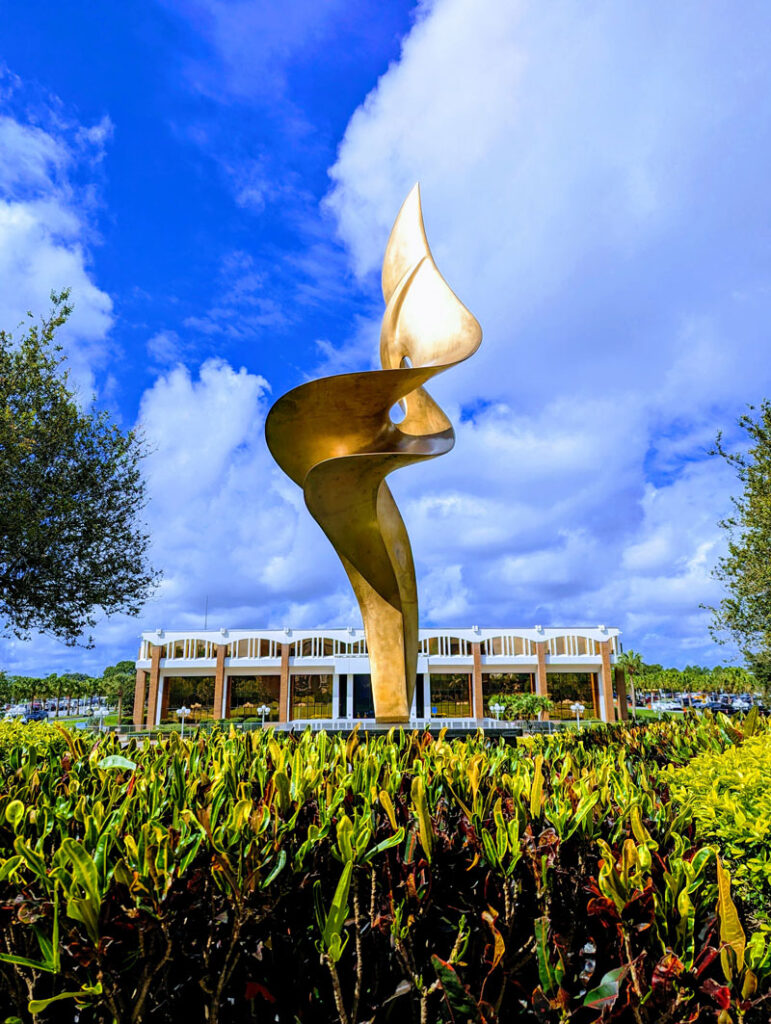
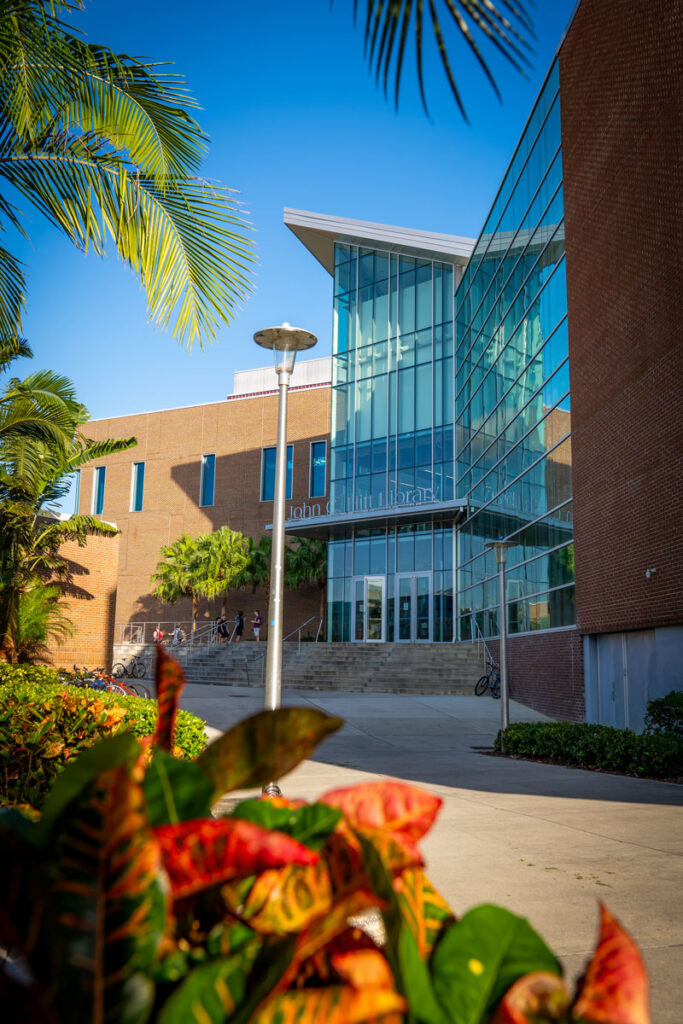
Student engagement was prioritized, featuring visioning activities and focus groups with student workers to explore their perceptions of library values.
By Summer 2024, we began a thorough analysis of our research findings, leading to the drafting of updated mission and vision statements, library values, and four strategic directions. We sought feedback from library staff to ensure the final document reflected our collective vision.
By Fall 2024, we finalized and published the Strategic Directions document on the UCF Libraries website, recommending methods for monitoring progress.
We also used a variety of Artificial Intelligence tools to help with brainstorming, analyzing, summarizing, and reducing redundancy throughout the many stages of our research and document creation.
This comprehensive, user-centered approach ensured Boundless Learning: Redefining the Library Experience was informed and reflective of our community’s needs, positioning UCF Libraries for a future-ready path through 2027.
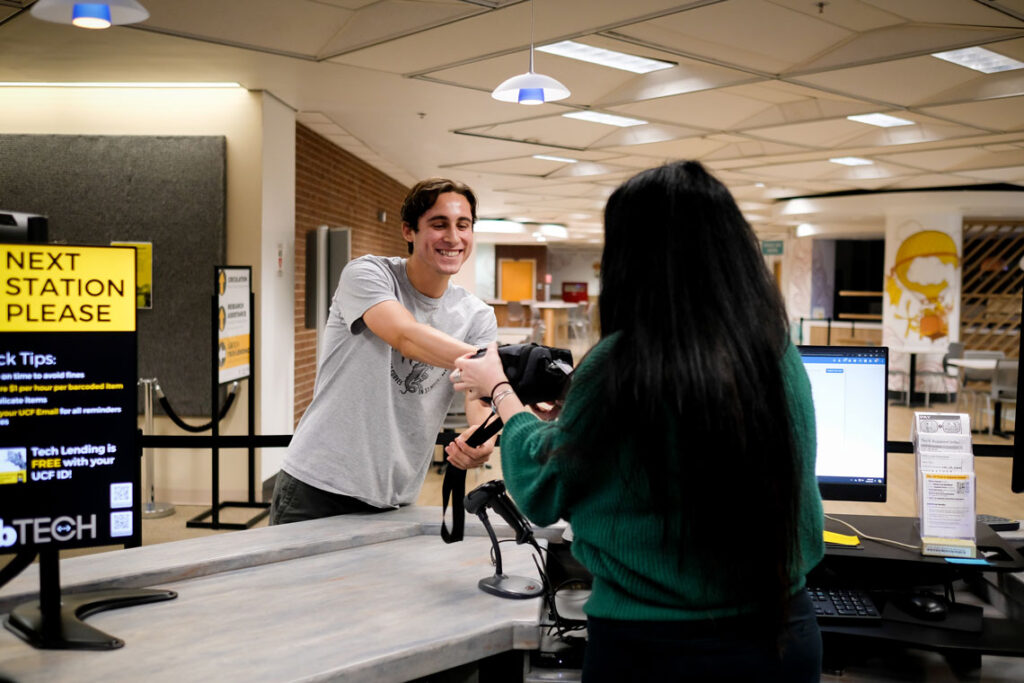
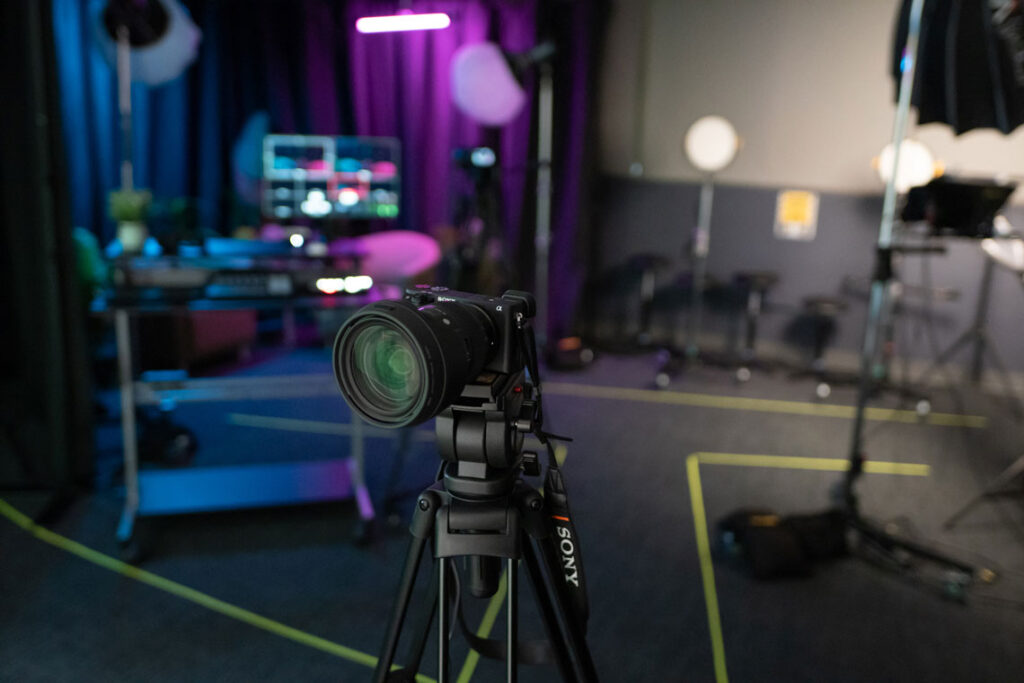
Key Contributors
Strategic Directions Task Force
Tom Caswell, Co-Chair
Associate Dean, Academic Engagement
Rachel Vacek, Co-Chair
Associate Dean, Digital Strategies, Impact, & Visibility
Tim Bottorff*
Former Department Head, Universal Orlando Foundation Library, “Rosen Library”
Matthew DeSalvo
Manager, LibTech & Public Technologies
Chereeka Garner
Digital Learning and Engagement Librarian
Athena Hoeppner
Interim Associate Dean, Collection Services & Resource Management
Arielle Petrovich
Archivist, Special Collections & University Archives
* = Past Member
Library Leadership
Beau Case
Dean of University Libraries
Frank Allen
Senior Director for Administrative Services
Tom Caswell
Associate Dean, Academic Engagement
Athena Hoeppner
Interim Associate Dean, Collection Services & Resource Management
Shawn Perry
Director, Communications & Marketing
Rachel Vacek
Associate Dean, Digital Strategies, Impact, & Visibility
Next Steps
Boundless Learning: Redefining the Library Experience articulates the vision and goals through 2027 that will ignite curiosity and empower growth, provide the spark that kindles lifelong exploration, and advance UCF’s efforts to become the University for the Future.
Implementation of the plan will include:
- Coordinating across divisions, departments, and individuals to develop goals that align with these directions.
- Creating groups to support our progress.
- Determining appropriate assessment methods for initiatives.
- Building reporting mechanisms to track progress of initiatives and alignment.
- Celebrating successes at key milestones.
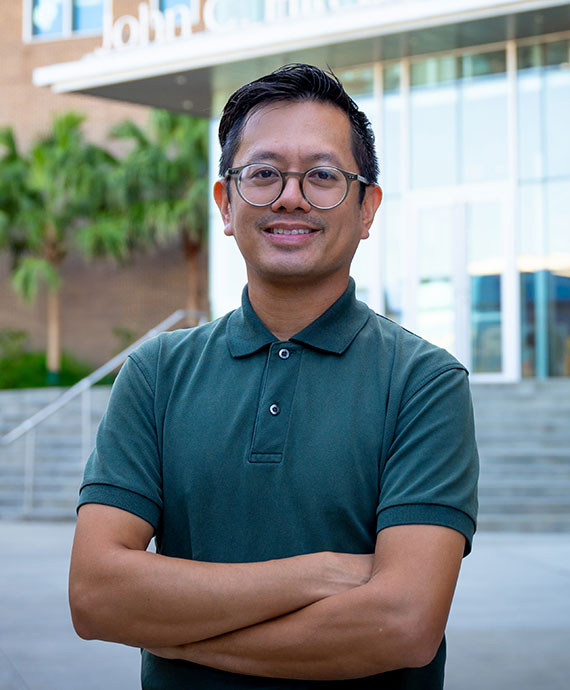
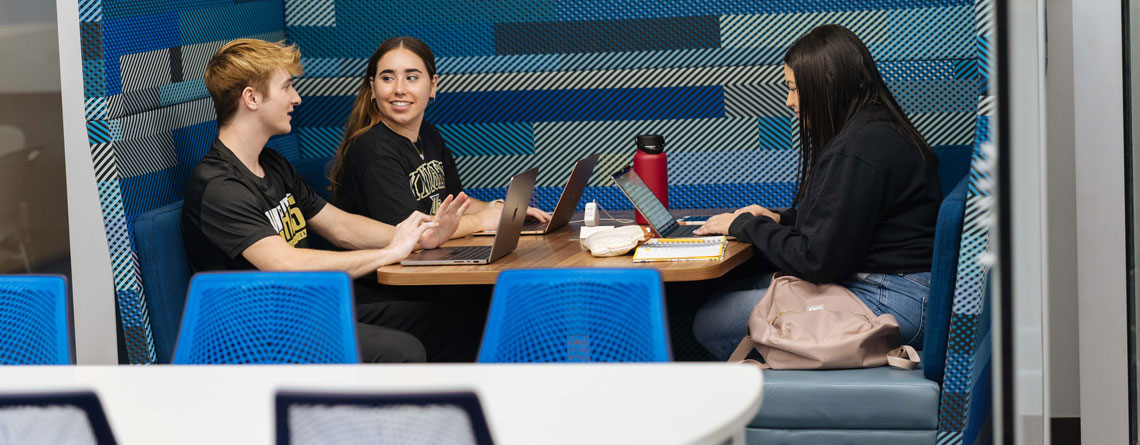
Bibliography
The Strategic Directions Task Force conducted a thorough literature review of articles and websites on current trends in libraries and higher education. The committee also conducted an environmental scan of mission, vision, and value statements at selected other libraries, universities, and institutions. The following resources were consulted for these purposes.
Select Articles and Websites on Current Trends in Academic Libraries and Higher Education Consulted
- ACRL Research Planning and Review Committee. (2024). 2024 Top trends in academic libraries: A review of the trends and issues. College & Research Libraries News,85(6), 231. https://doi.org/10.5860/crln.85.6.231
- Lippincott, Sarah. (2020). Mapping the current landscape of research library engagement with emerging technologies in research and learning. M. L. Kennedy, C. Lynch & J. O’Brien (Eds.), Association of Research Libraries, Coalition for Networked Information, and EDUCAUSE. https://doi.org/10.29242/report.emergingtech2020.landscape
- Calvert, S (2020). Future themes and forecasts for research libraries and emerging technologies. M. L. Kennedy, C. Lynch & J. O’Brien (Eds.), Association of Research Libraries, Coalition for Networked Information, and EDUCAUSE. https://doi.org/10.29242/report.emergingtech2020.forecasts
- Lippincott, J. K. (2021). Directions in digital scholarship: Support for digital, data-intensive, and computational research in academic libraries. Coalition for Networked Information. https://doi.org/10.56561/ULHJ1168
- Dreyer, R. (2022). Refworld: Future Frontiers for Special Collections Libraries. Transactions of the American Philosophical Society, 110(3), 257–274. http://www.jstor.org/stable/45420510
- Hanover Research. (2024). 2024 trends in higher education.Reports and Briefs. https://www.hanoverresearch.com/reports-and-briefs/higher-education/2024-trends-in-higher-education/
- Ex Libris A ProQuest Co. (2022). Three trends shaping the future of libraries.Library Journal. https://www.libraryjournal.com/story/three-trends-future
- Llewellyn, A. (2019). Innovations in learning and teaching in academic libraries: A literature review. New Review of Academic Librarianship, 25(2–4), 129–149. https://doi.org/10.1080/13614533.2019.1678494
- Bryant, R. Lavoie, B. & Rinehart, A.K.. (2023). Building research data management capacity: Case studies in strategic library collaboration.OCLC Research. https://doi.org/10.25333/ag1k-3s72
- Anderson, J., & Rainie, L. (2021). The Future of Digital Spaces and Their Role in Democracy. Pew Research Center. https://www.pewresearch.org/internet/2021/11/22/the-future-of-digital-spaces-and-their-role-in-democracy/
Mission, Vision, Value Statements, and Strategic Plans Consulted
Operational Peers
Arizona State University, Florida International University, Florida State University. George Mason University, Georgia State University, North Carolina State University, Portland State University, University of Cincinnati, University of Houston, University of Kansas, University of Missouri, University of North Carolina Charlotte, University of South Carolina, University of South Florida.
University Innovation Alliance (UIA) Peers
Iowa State University, Michigan State University, Oregon State University, Purdue University, The Ohio State University, University of California – Riverside, University of Texas at Austin.
State University System (SUS) of Florida Peers
Florida A&M University, Florida Atlantic University, Florida Gulf Coast University, Florida International University, Florida Polytechnic University, Florida State University, New College of Florida, University of Florida, University of North Florida, University of South Florida, University of West Florida.

